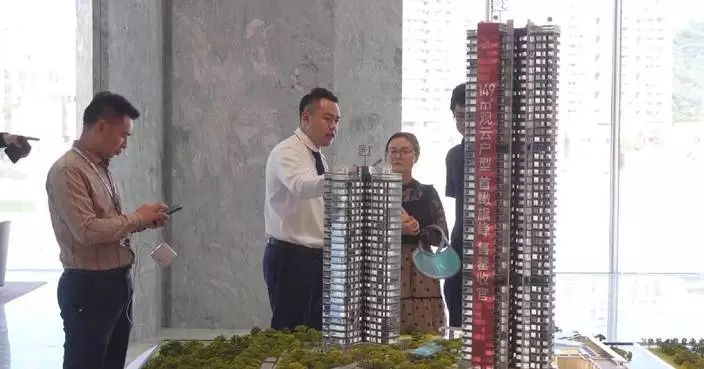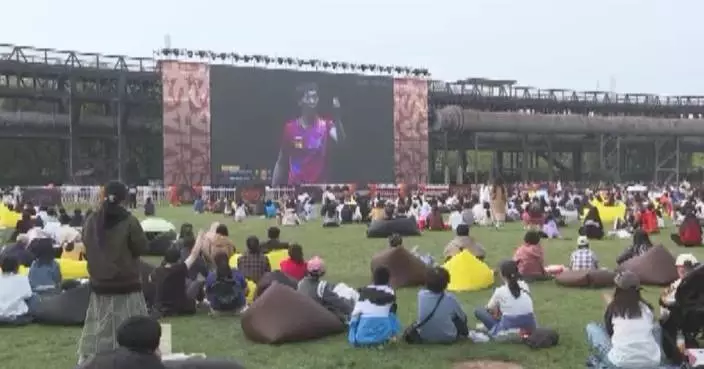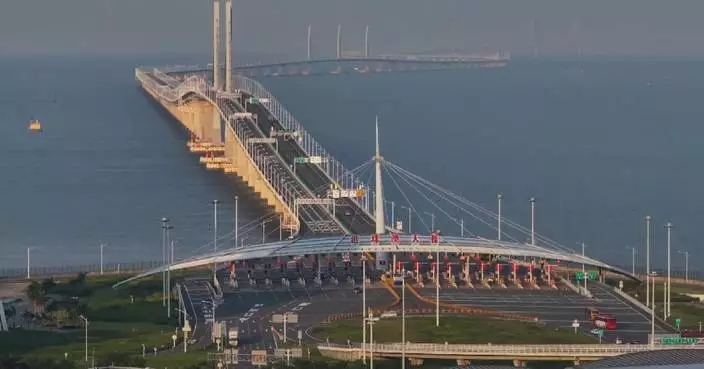China urges certain countries not to provoke bloc confrontations or stoke a new Cold War in the Asia-Pacific region, Foreign Ministry spokesman Lin Jian said on Monday.
The Philippines and Japan on Monday signed The Reciprocal Access Agreement (RAA), which is a defense pact that allows both countries to deploy troops on each other's territory.
Lin slammed the two countries' signing of this bilateral agreement at a press conference held in Beijing.
"Bilateral exchanges and cooperation should not undermine mutual understanding and trust among countries in the region, should not undermine peace and stability in the region, and should not target any third party or undermine their interests. The Asia-Pacific region does not need military blocs, still less groupings that could provoke block confrontation or stoke a new Cold War. Any act that undermines peace and stability or hurts solidarity and cooperation in the region will arouse the vigilance and opposition among people in the region," said Lin.
"During World War II, Japan invaded and colonized some Southeast Asian countries including the Philippines, and committed serious historical crimes. Japan needs to seriously reflect on its history of aggression and act prudently in the field of military security," he said.
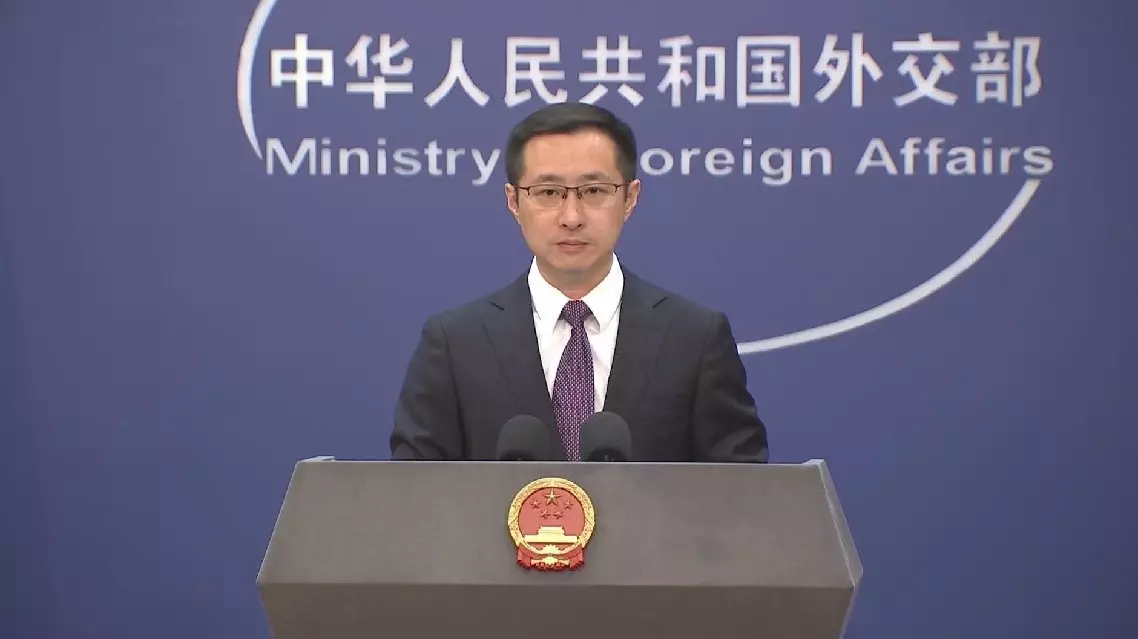
China urges certain countries not to provoke bloc confrontation in Asia-Pacific
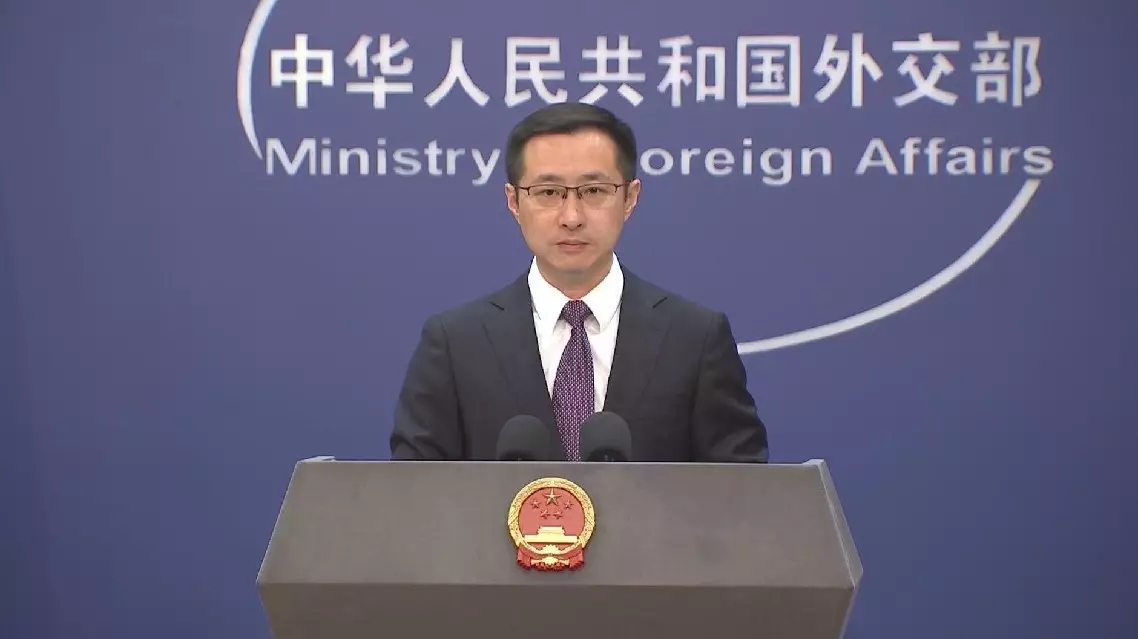
China urges certain countries not to provoke bloc confrontation in Asia-Pacific
With the introduction of new real estate policies in China's four major cities, industry insiders believe that the measures taken by multiple departments will help boost market confidence and contribute to the recovery of the property market, with first-tier cities leading the trend.
In late September, major Chinese cities including Beijing, Shanghai, Guangzhou, and Shenzhen introduced a new wave of real estate policy adjustments aimed at revitalizing the property market.
Starting October 1, Beijing introduced new property policies focused on easing purchase restrictions and increasing credit support. The minimum down payment for first-time home buyers has dropped from 20 percent to 15 percent, and from 30 percent to 20 percent for second homes - easing financial pressure and facilitating both first-time buyers and those looking to upgrade their homes.
Beijing’s real estate market has shown promising signs under these policy incentives. In the three days following the new policy release, the number of viewings for new homes in the Chinese capital increased by 92.5 percent compared to the same period last year, with purchase agreements doubling. Viewings for resale homes also rose by 104.1 percent year on year.
"Since the new policies came out, we've seen a rise in customer inquiries, whether they're looking to buy or sell a home. The number of customer viewings has also increased. Around 90 percent of them are looking to upgrade their homes. Some clients previously lacked confidence, but the new policy has made many feel that now is a good time to make a move," said Wu Bei, regional manager of Maitian Real Estate Agency.
In addition to Beijing, other first-tier cities such as Shanghai, Shenzhen, and Guangzhou have introduced similar measures, including lower down payment requirements and eased district-specific purchase restrictions.
"As the new policies take effect, we expect a rise in visits to real estate agencies and property viewings after the National Day holiday. We also anticipate that property prices will soon stabilize across the country, driven by Beijing and other top-tier cities," said Zhao Qingxiang, secretary general of the Beijing Real Estate Agency Association.
According to the Ministry of Housing and Urban-Rural Development, cities conducting promotional activities reported over a 50-percent year-on-year increase in visits to real estate projects during the week-long National Day holiday. Some properties in Guangzhou saw over 150 visits per day, up 200 percent from normal levels.
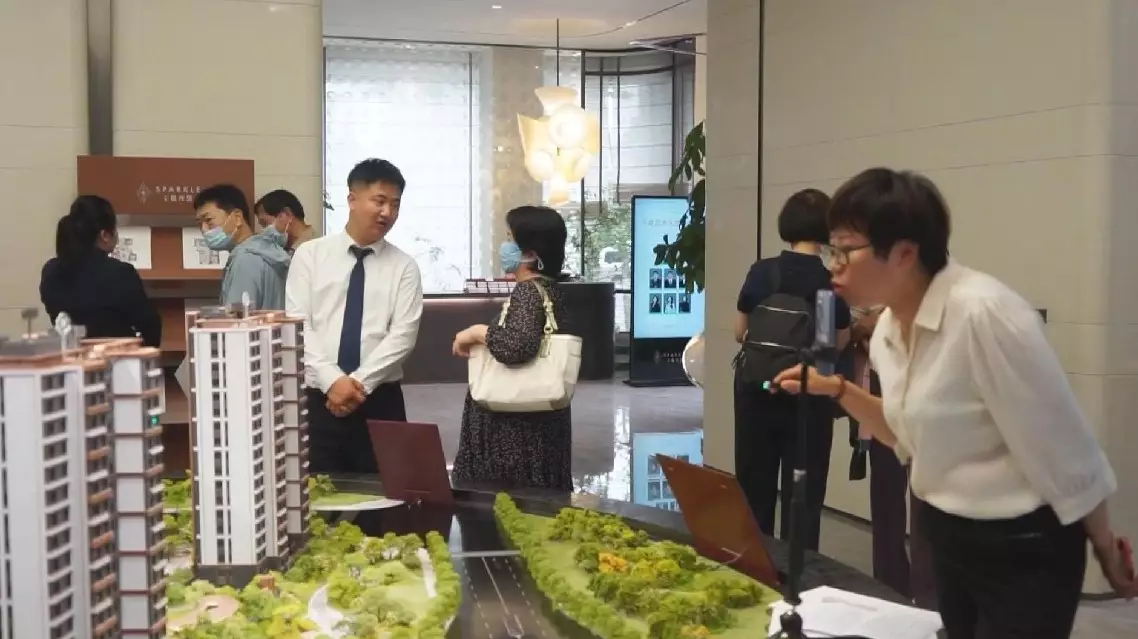
Adjusted policies motivate China's home sales: experts





